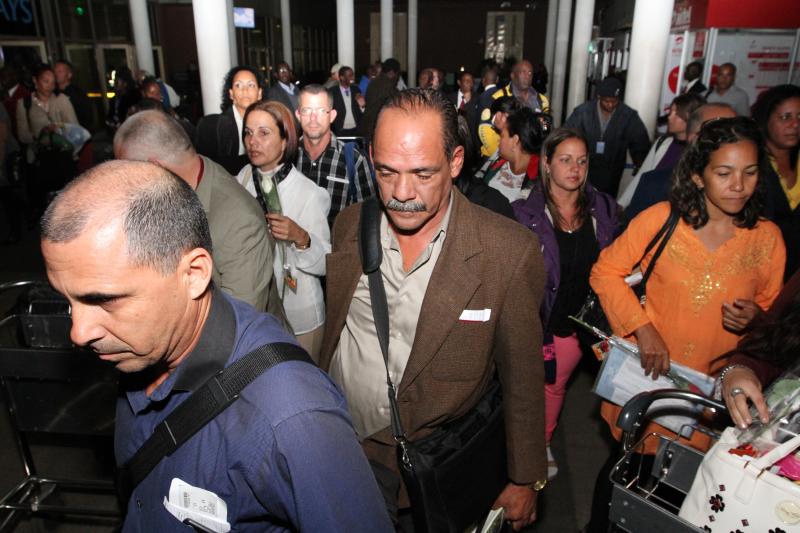×
The Standard e-Paper
Fearless, Trusted News

Dr Samuel Owino* is employed at Kenyatta National Hospital (KNH), but this is not where the bulk of his salary comes from.
After he is done with his ward rounds between 8am and 9am, Dr Owino will have a busy day hoping between his office at Doctors Plaza in Nairobi’s Upper Hill to Nairobi Women’s Hospital and Aga Khan University Hospital.